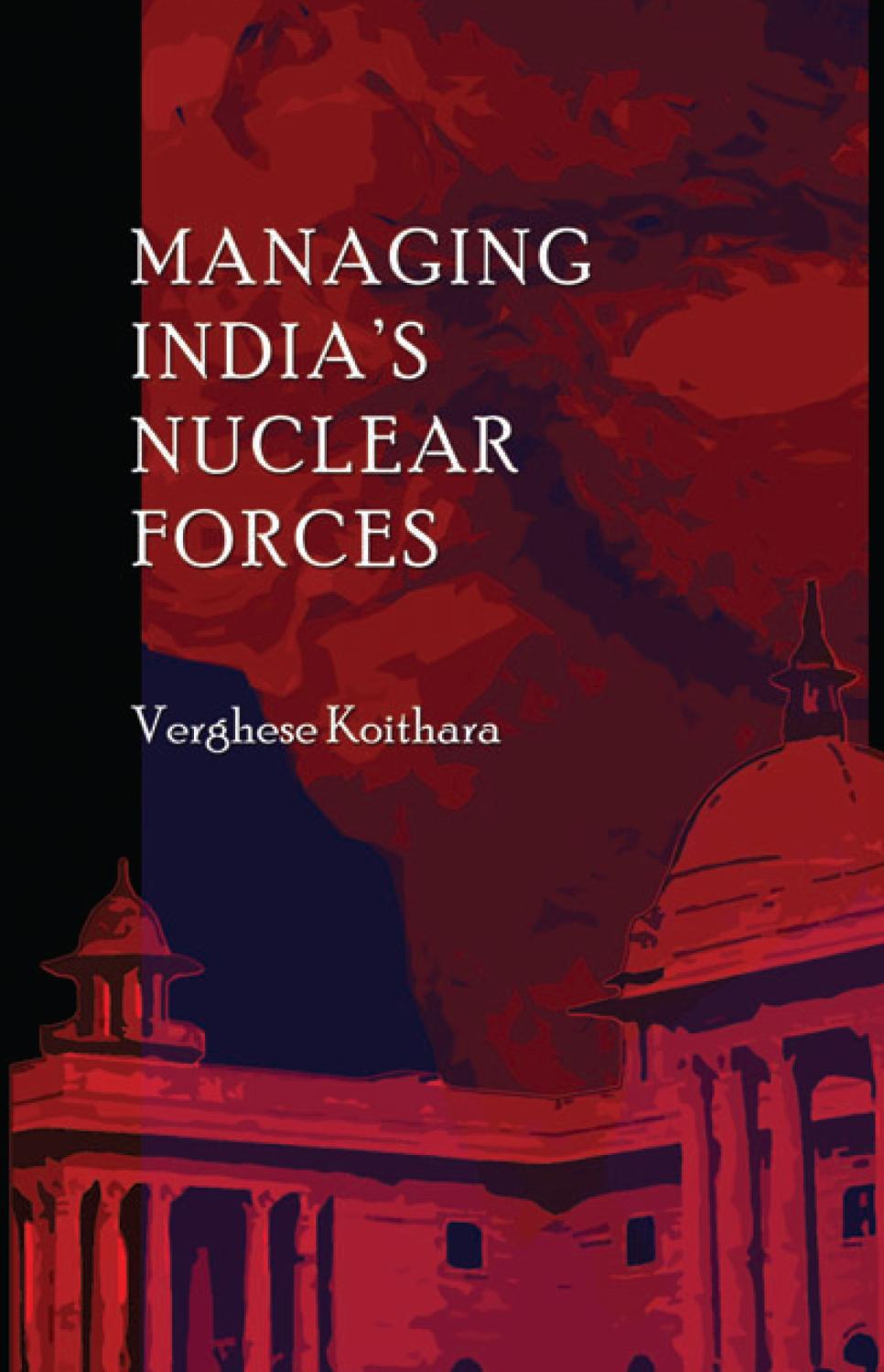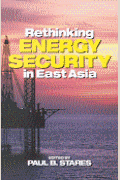


Book
For a variety of political and organizational reasons, India has a nuclear force management system that is largely incapable of handling the country’s needs. Managing India’s Nuclear Forces examines why things are as they are and what management changes are needed to improve matters.
When India became a nuclear weapons state, the military was actually excluded from policy-level force management—the political leadership maintained control, laying the groundwork for a poorly functioning system. The longstanding vigorous public discourse that ensued has been shaped in large part by political factors—international prestige and domestic confidence.
Author Verghese Koithara explains and evaluates India’s nuclear force management against a backdrop of similar information available with respect to other nuclear states, encouraging a broad public conversation that can perhaps act as a catalyst for change.
Read a review of Managing India’s Nuclear Forces published by The Pioneer in November 2012 »
Praise for the book:
“Despite India’s 1998 declaration that it was now a Nuclear Weapons State, its long march to acquiring sufficient deterrence is still incomplete. Verghese Koithara’s Managing India’s Nuclear Forces shows why. It argues persuasively that possessing nuclear weapons may actually subvert deterrence if that possession is not accompanied by a range of complementary procedural, institutional, and ideational investments in an environment where both China and Pakistan are developing sophisticated nuclear arsenals. While students of nuclear deterrence in India and elsewhere will undoubtedly benefit from this work, it should be, above all, mandatory reading for all policy-makers in New Delhi.”—Ashley J. Tellis, Carnegie Endowment for International Peace
“This is excellent research by an outstanding practitioner in the intricate world of nuclear policies in South Asia. It becomes more important as it comes from the perspective of India, a new nuclear weapon power with all the challenges of learning anew about deterrence. It highlights the challenges and the structures needed to stabilise the balance. It exposes the issues that have been swept under the carpet in the initial euphoria of breaking the nuclear embargo, providing in the process a practical guide to wise decision making in an increasingly difficult trilateral strategic equation. A must-read for all strategic thinkers and professionals alike, not just in South Asia and China, but in the world.”—Major General Dipankar Banerjee, Director, Institute for Peace and Conflict Studies, New Delhi
“Managing India’s Nuclear Forces fills a large and critical void in India’s nuclear discourse. Verghese Koithara discusses in depth, with expertise and insight, the extremely demanding and complex issues involved in owning a nuclear arsenal and in projecting deterrence. These issues can be ignored, as is being done today, only at serious peril to the country. The book should be compulsory reading for current and future members of parliament; all those who aspire to political leadership; middle and senior level government functionaries in civil, military and scientific establishments; those in the media who are “moulders of public opinion”; and, importantly, citizens who are interested in their own security and wellbeing.”—Arun Singh, Former Minister of State for Defence of India
“This book is a brilliant contribution to the literature on how states manage weapons of mass destruction in such a way as to maximise security and minimise the risk that they will be used inadvertently or in error. India now lacks a credible theory of how nuclear weapons might be used other than as an instrument of national pride and propaganda. Admiral Koithara shows how India should move from being a declared Nuclear Weapons State, to becoming a state with a serious nuclear strategy and organisational capacity. This book is required reading for India’s strategic community, and those who seek to understand the direction of India’s nuclear programme for the next several decades.”—Stephen P. Cohen, Senior Fellow, Brookings Institution, Washington, D.C.
Related Books

Jerry Velasquez, Makiko Yashiro, Susan Yoshimura, Izumi Ohno
January 1, 2006

Charlotte Streck, Robert O’Sullivan, Toby Janson-Smith, Richard Tarasofsky
March 9, 2010

Paul B. Stares
December 1, 2000
Authors